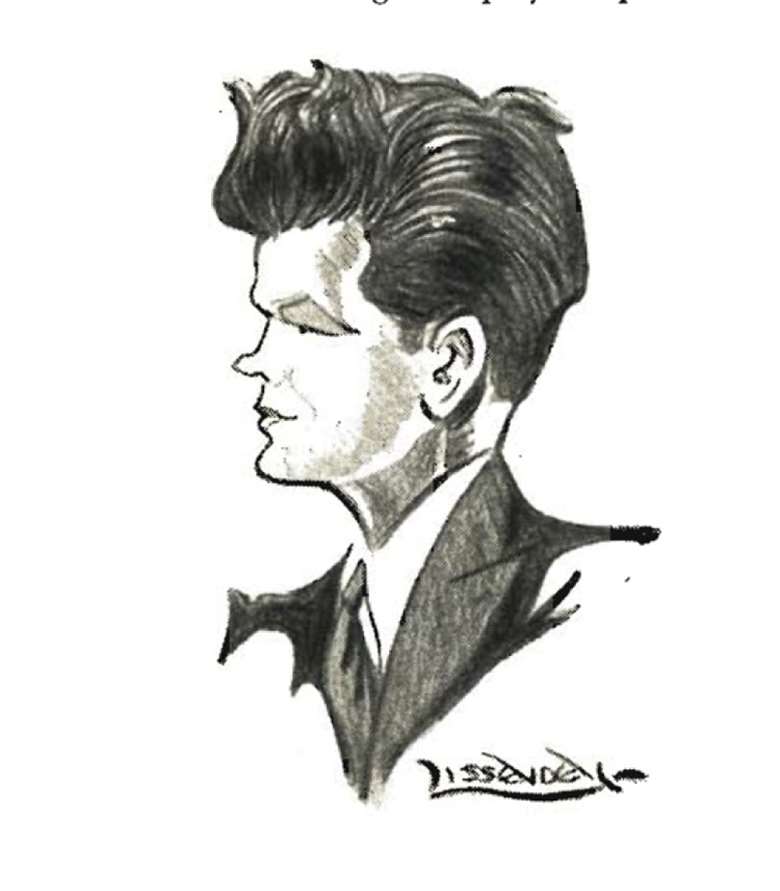Music critic Andrew Porter has died
Gramophone
Wednesday, April 8, 2015
Born August 26, 1928; Died April 3, 2015

Andrew Porter, one of the most influential music critics of the 20th century and a long-term Gramophone contributor, has died at the age of 86. Porter joined Gramophone's roster of regular reviewers in the early 1950s following recommendations from Desmond Shawe-Taylor and Edward Sackville-West and set about carving an invaluable niche for himself in Gramophone's reviews pages.
Porter's early years were summarised as he was introduced to Gramophone's readers in the December 1953 issue: 'AP's English mother, when a young woman, had considered becoming a professional singer. But she gave up this career before it had even begun, by marrying a South African and going to live with him in Cape Town. Here, AP, the youngster of the Gramophone group of reviewers, was born. It is not surprising that music was among his first influences. He began to play the piano at an early age and has played it ever since. In those days he played duets with his sister on one and two pianos. He was educated at Diocesan College, a school noted for its musical bias. Here he had the good fortune to be taught by Claude Brown who, before going to Cape Town, had been a music master at Wellington and assistant to Sir Ivor Algernon Atkins, organist of Worcester Cathedral and who on many occasions conducted the Festivals of the Three Choirs. Brown had known Elgar well and was an ardent Elgarite. This enthusiasm Brown conveyed to AP. "I was reared on Elgar", AP said.
'Whilst at school, AP studied composition, composed himself, and played the solo parts in pianoforte and organ concertos with the Cape Town Orchestra. On one occasion he rendered the orchestral part of the Bach B minor Mass on organ with the school choir. During his last year at school, Albert Coates came to live in Cape Town, and AP worked with him, playing at his rehearsals and the continuo in the Bach B minor Mass. Already he was writing musical criticism and contributing to the Cape Argus and Trek, the South African approximation to the English New Statesman. At the age of 18 he gained an organ scholarship at University College, Oxford. Here his musical centre shifted to opera, the piano, however, still strong in the background. He conducted the college choir and orchestra, wrote incidental music for college productions and played at rehearsals of the opera club's production of Idomeneo. His vacations were spent on the Continent, listening to operas in Germany, France, Austria and Italy. This became a habit, and continues. On coming down he settled in London. While Desmond Shawe-Taylor, the music critic of the New Statesman, went abroad AP was invited to deputise for him. Thus, whenever Shawe-Taylor is away, which he frequently is-this year, for example, three months-he stilI does. His writing in the New Statesman induced Alec Robertson to ask AP to broadcast on the Third Programme.'
At the same time that Porter joined Gramophone, he also became music critic of the Financial Times and Opera magazine. In the early 1970s Porter started writing for The New Yorker and became the most widely respected music critic in the US.
In one of his last features for Gramophone (in December 2000), Porter reflected on the stage presence of Maria Callas, a singer he witnessed many times in the theatre: 'Since critics recalling great singers of their youth are often charged by their juniors with revisiting performances through rose-tinted ears, let me write not from memory at all, but by quoting directly what I wrote about that 1952 Norma at the time: "Maria Callas is, surely, the most exciting singer on the stage today. Her virtues? Great range and power, prime necessities. The ability to invest coloratura with dramatic and expressive qualities (needed by all heroines of serious opera so far as the middle Verdi). A great range of vocal colours, allied to an exceptional dramatic understanding. Tones that are affecting, and tones that are thrilling. An imposing presence, gesture and physical expression, command of the stage rarely found today in any actress. In sum, Callas is a star. [I specified some unforgettable phrases, then added] To be sure, there were moments when the tone became less beautiful. They were flecks on a superb assumption."'






